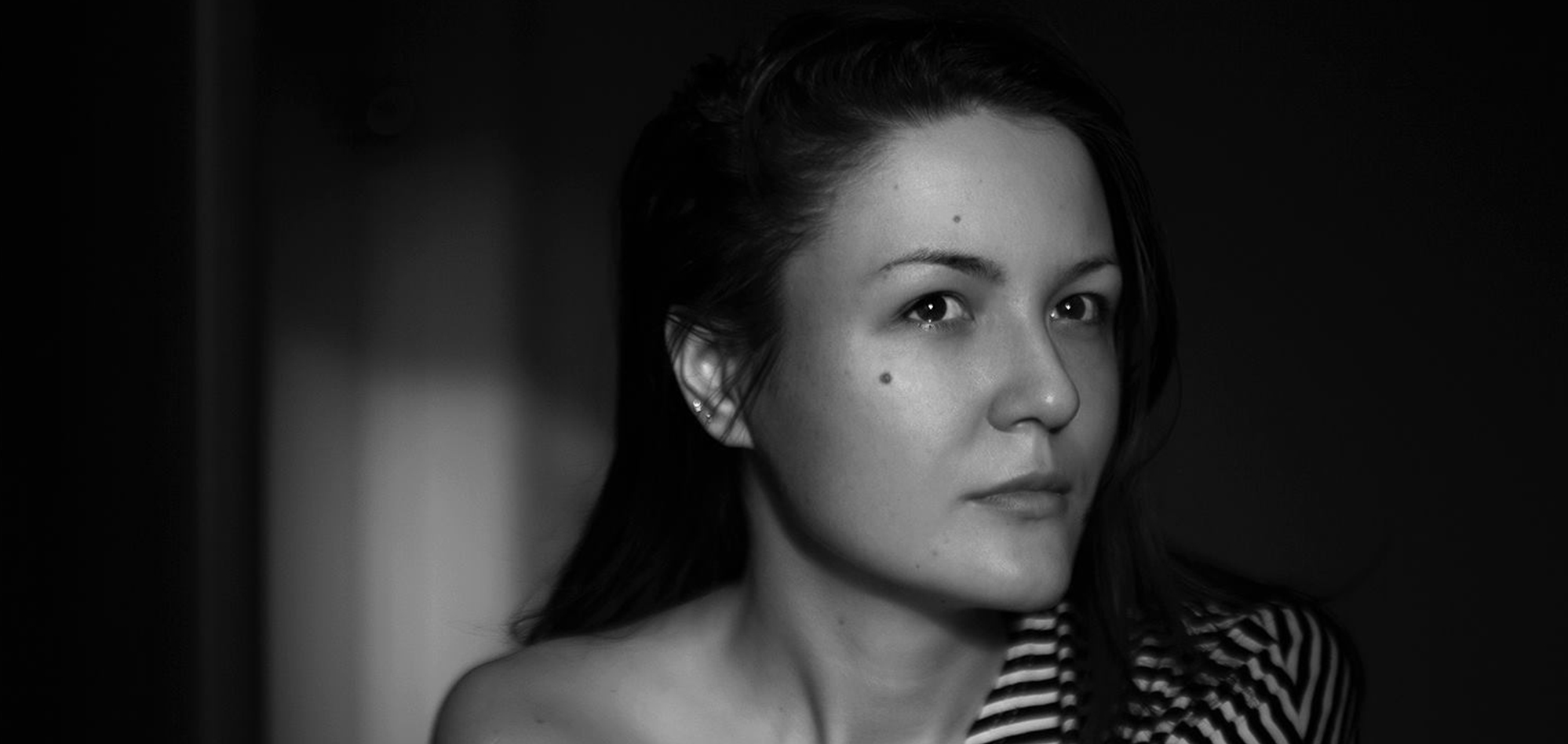Remi Itani is a Lebanese film director, producer and University lecturer. Graduate of the London Film School MA Filmmaking with distinction, she started her career as a documentary director for the Al Jazeera Documentary Channel. She has participated in numerous writing and directing workshops, among them a filmmaking workshop with the acclaimed director Werner Herzog and the Torino Film Lab. Interested in woman-centered films, her fiction work explores transformative moments of women’s isolation by creating indelible evocations of a silent psychological inter-zone between the everyday and the uncanny. Her films have been selected for more than twenty international film festivals such as IDFA Documentary Film Festival, the Toronto International Film Festival and International Film Festival Rotterdam. She has been awarded the Boghossian prestigious Residency Award and is currently working on her first feature fiction film, “In A Dream You Saw a Way to Survive and You were Full of Joy,” which has been granted the Doha Film Institute Fund.
Tara Karajica talks to Remi Itani about short films, women in film and, more importantly, her latest short film, “Drought” that premiered at this year’s Toronto International Film Festival.
How did you get into filmmaking and what inspires you to make films?
Remi Itani: I guess, as a child, I felt the world was too big and intimidating for me. This small TV box that I sat in front for hours provided me with solace. My main fascination with film is in its ability to utilise the artifice to explore the infinite possibilities of truth.
Can you talk about your short film Drought?
R.I.: My interest in films has mainly centered around women. It was never a decision, but more of an organic process. Every time I’m thinking of the next project, I feel close to female characters within the context of the Beiruti society. Being a woman and Lebanese, I feel I have a lot to explore on feminist films that are relatable to the historical and geographical context of Lebanon. The main inspiration behind Drought was my older sister who last year, anticipated the catastrophic economic crisis that Lebanon is going through at the moment. She was looking for houses to buy in order to invest her savings in it. I went with her from one house to the other, the old architecture homes with rusted pipes and the newly built buildings that have no identity and felt soulless. This was my first stepping stone in deciding about the narrative of a real estate agent middle-aged woman, her relationship with these spaces that mimic her transactional relationships with the men around her, in a patriarchal society the doesn’t allow for genuine and honest connections between men and woman.
How do you see the short form today?
R.I.: I direct short films to experiment without any inhibitions. The stakes aren’t as high and it’s a great format that restricts you to film what is essential. It’s a great exercise if you are interested in structure, but I’m aware shorts format isn’t for everyone.
What is your opinion on the situation of women in film today?
R.I.: I believe we are at a deflection point in Cinema, where women are able to share their own gaze on female experiences. I also believe that as women filmmakers, we have a responsibility to be true to ourselves when directing films about our experiences that relate contextually to our History, geography and social norms.
Who is your favorite female filmmaker and what is your favorite film by a female filmmaker?
R.I.: Chantal Akerman, Jeanne Dielman, 23 quai du Commerce, 1080 Bruxelles.
What are your next projects?
R.I.: I’m currently in the process of writing my feature film, In a Dream You Saw a Way to Survive and You were Full of Joy. It’s an exploration of the oppressive forces that surround two young single Lebanese women, when one of them finds outs that she’s pregnant. It’s an attempt to expose the façade of the city Beirut that’s perceived as the concoction of modernity and liberalism and explore the archaic structures that this city has been founded on to strip women from any urgency whether it’s political, sexual, or social. Where a woman’s choice is narrowed to either be criminalised by the law or crucified by society.
Photo credits: Remi Itani.
This interview was conducted during the 2020 (virtual) Toronto International Film Festival.










